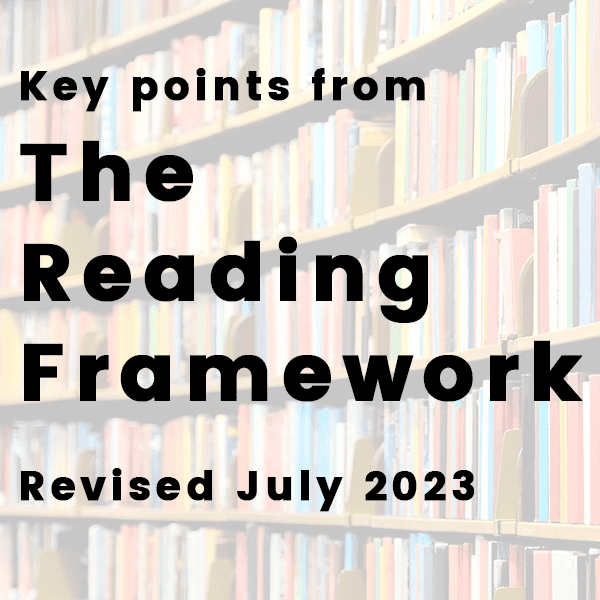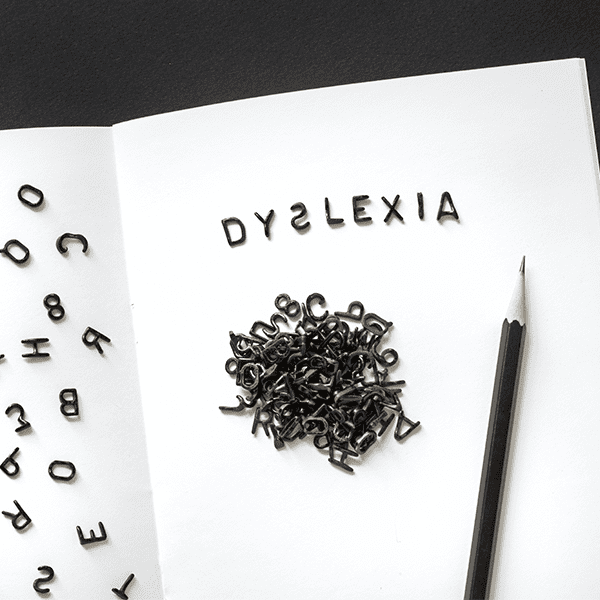Monthly Archives: September 2023
-
Posted on: Sep 27, 2023
The government’s Reading Framework first published in 2021 has now been updated. A considerable amount of new information has been provided in the 2023 update. The document originally focused on Reception and key stage one, but now contains advice for developing reading in key stage 2 and 3. The introduction to the document states that its key objective is “to help schools to meet the expectations set out in the Early Years Foundation Stage (EYFS) statutory framework and the national curriculum.” At over 170 pages long, it is a lengthy read containing detailed advice divided into thirteen sections. The following overview highlights its key content and implications for the teaching of reading, together with just the right books to help you meet these new requirements.
&
-
WOW! Fiction is a brand-new, progressively levelled series of short, gripping and fast-paced stories which will captivate readers. The dyslexia-friendly design incorporates features such as super-readable fonts, clear line spacing, off-white backgrounds and bite-sized chunks of text to ensure success and build reading confidence. We offer five books at each level, allowing students to practice and consolidate their skills before moving on to more challenging texts or alternatively, they can choose freely within the range. We offer books at turquoise, purple and gold levels (reading ages 6–6.5) with an interest age of 9–14.
WOW! Fiction follows on from our best-selling WOW! Facts series and each book can be paired with a non-fiction counterpart on the same theme, such as Exploring Space, Ancient Egypt or Fighter Planes. Some students may want to learn more about a topic, and we’ve ensured that they can access a non-fiction book at the same level, providing an opportunity to ex
-
Posted on: Sep 15, 2023
Dyslexia is a common learning difficulty that affects around 10% of the population in the UK, which is an estimated 970,000 school-aged children. Approximately 70–80% of these students have difficulty with reading, writing and spelling.
In secondary school, the increased demands of learning can make it challenging for dyslexic students to succeed. These challenges may not only affect their academic performance but also their confidence and self-esteem. A survey conducted by the British Dyslexia Association found that almost half (49%) of young people with dyslexia in the UK reported having low confidence in their abilities at school.
A study by the British Dyslexia Association found that dyslexic students are twice as likely to leave school without qualifications. However, a study by the University of Oxford found that dyslexic students who receive appropriate support are just as likely to succeed in school as their non-dyslexic peers.
These studies show that it i
-
We are thrilled to reveal the winners of the very first Badger Book Awards and also announce the author-nominated schools to receive the £500 book prize. It has been fantastic to see so many secondary schools engaging with the awards and nurturing a reading for pleasure culture across every year group.<




